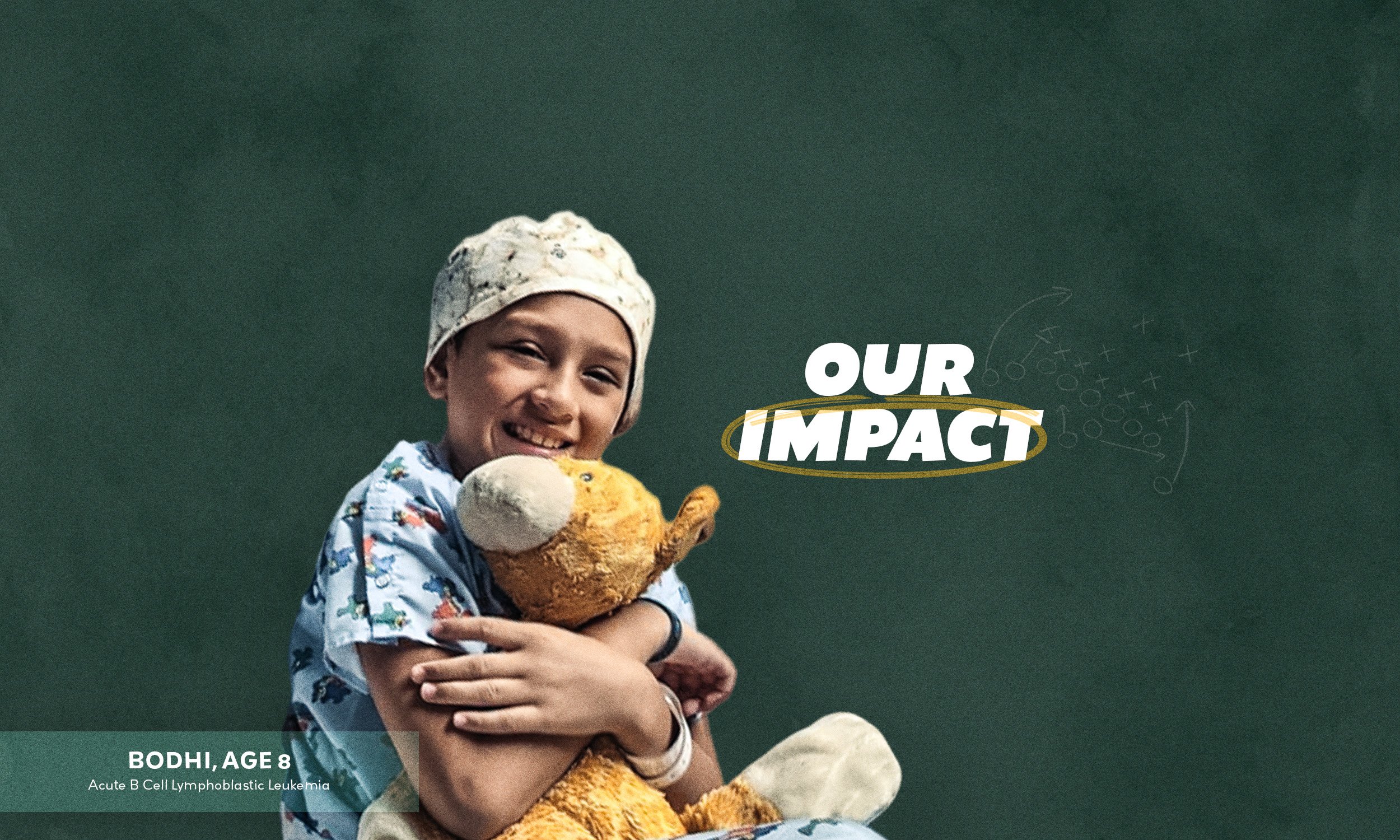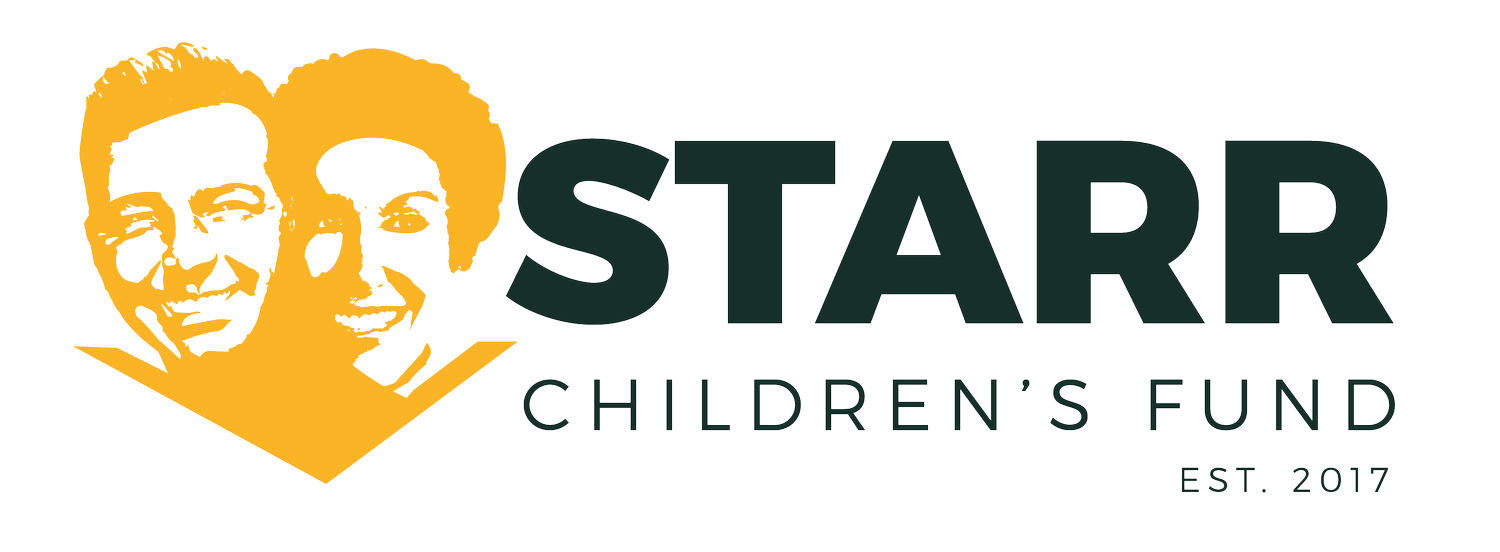
Our Impact
We believe knowing who you’re up against, whether on the field or in the lab, is the key to winning.
We are proud to team up with some of the best organizations from across the country to put an end to cancer once and for all.
-

Children's of Alabama
BART AND CHERRY STARR HEMATOLOGY/ONCOLOGY FELLOWSHIP FUND
Each year, Children’s of Alabama treats more than 2,000 children with cancer and serious blood disorders from across the state of Alabama and beyond.
The Bart and Cherry Starr Hematology/Oncology Fellowship Fund at Children’s of Alabama will focus on blood and marrow transplants for children, which treat and can sometimes even cure blood cancers, like leukemia, and other serious diseases, like sickle cell anemia.
-

Johns Hopkins University
PEDIATRIC GLIOBLASTOMAS RESEACH
Pediatric glioblastoma is an aggressive disease with no cure. The main problem is not how to get the drug at the brain tumor, but how to spread it within the brain tumor.
Johns Hopkins University will test a strategy that spreads a powerful therapeutic over the entire tumor to help eradicate cancer cells, leaving no cancer cell behind.
-

THE MEDICAL UNIVERSITY OF SOUTH CAROLINA
ANTICIPATING CANCER TREATMENT RESISTANCE
Currently, patients who receive treatment for the most common pediatric brain tumor, Medulloblastoma, have a significant reduction in their quality of life.
The Medical University of South Carolina is working to eliminate this for pediatric brain cancers through a research project focused on anticipating treatment resistance. They are working hard to improve the quality of life for young cancer patients.
-

CHILDREN’S HOSPITAL OF WISCONSIN
CAR-T THERAPY
Children’s Wisconsin is dissecting the cellular mechanisms of differential outcomes of CAR-T (Chimeric Antigen Receptor Therapy) in acute lymphoblastic leukemia.
By collecting samples from pediatric cancer patients who have received engineered T cells to aid in their recovery, Children’s Wisconsin is able to better understand how the immune system works to fight cancer.
-

AMERICAN FAMILY CHILDREN’S HOSPITAL
TREATMENT OF RELAPSED OR REFRACTORY NEUROBLASTOMA
This study will use immunotherapy to harness one of the child's parent's immune system to fight the cancer. Blood from one of the parents will be collected and sent to the laboratory to grow Natural Killer (NK) cells.
Since NK cells are good at killing cancer, but not always at recognizing tumor cells, the NK cells will be infused with an anti-body that specifically attaches to neuroblastoma.
-

Children's Of Alabama
DEVELOPMENT, MAINTENANCE AND UTILIZATION OF A PEDIATRIC SOLID TUMOR XENOGRAFT BANK
Treatment for many pediatric solid tumors has not significantly changed in the past twenty years, leaving children with fewer treatment options and almost none that result in cure.
This research grant will enrich the pediatric solid tumor xenograft program that has been established and evaluate novel therapeutics for pediatric solid tumor types that are traditionally understudied and underfunded.
-

CHILDREN’S CANCER THERAPY DEVELOPMENT INSTITUTE
DYNAMIC REGULATION OF FUSION GENES IN PEDIATRIC CANCERS
Dr. Keller and his team are working to answer one of the most common questions from cancer patients: “Why did this cancer start, and how can we stop it?”
Their research into gene mutations, the origins of a tumor and whether cancer genes turn on and off could lead to better treatment in pediatric cancer.

